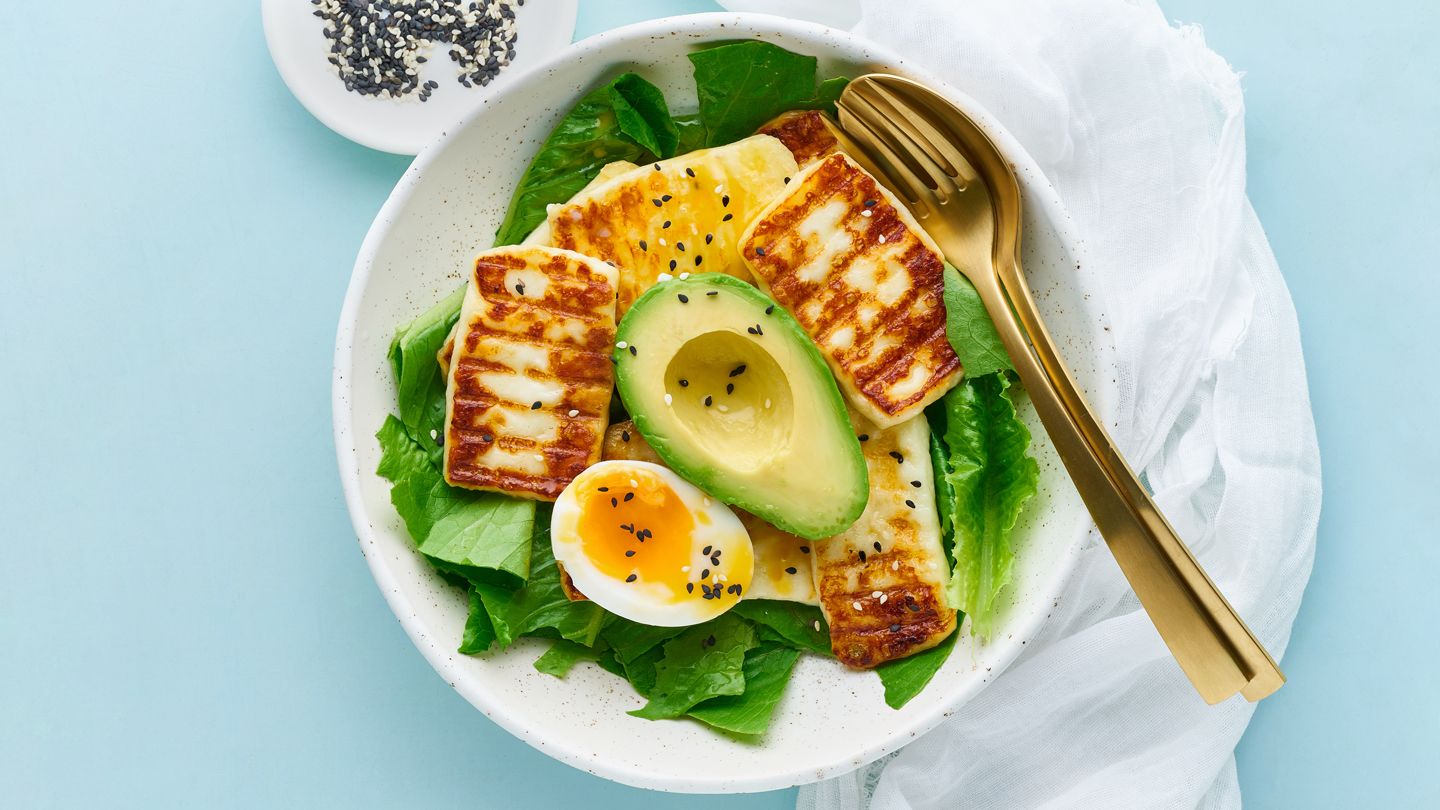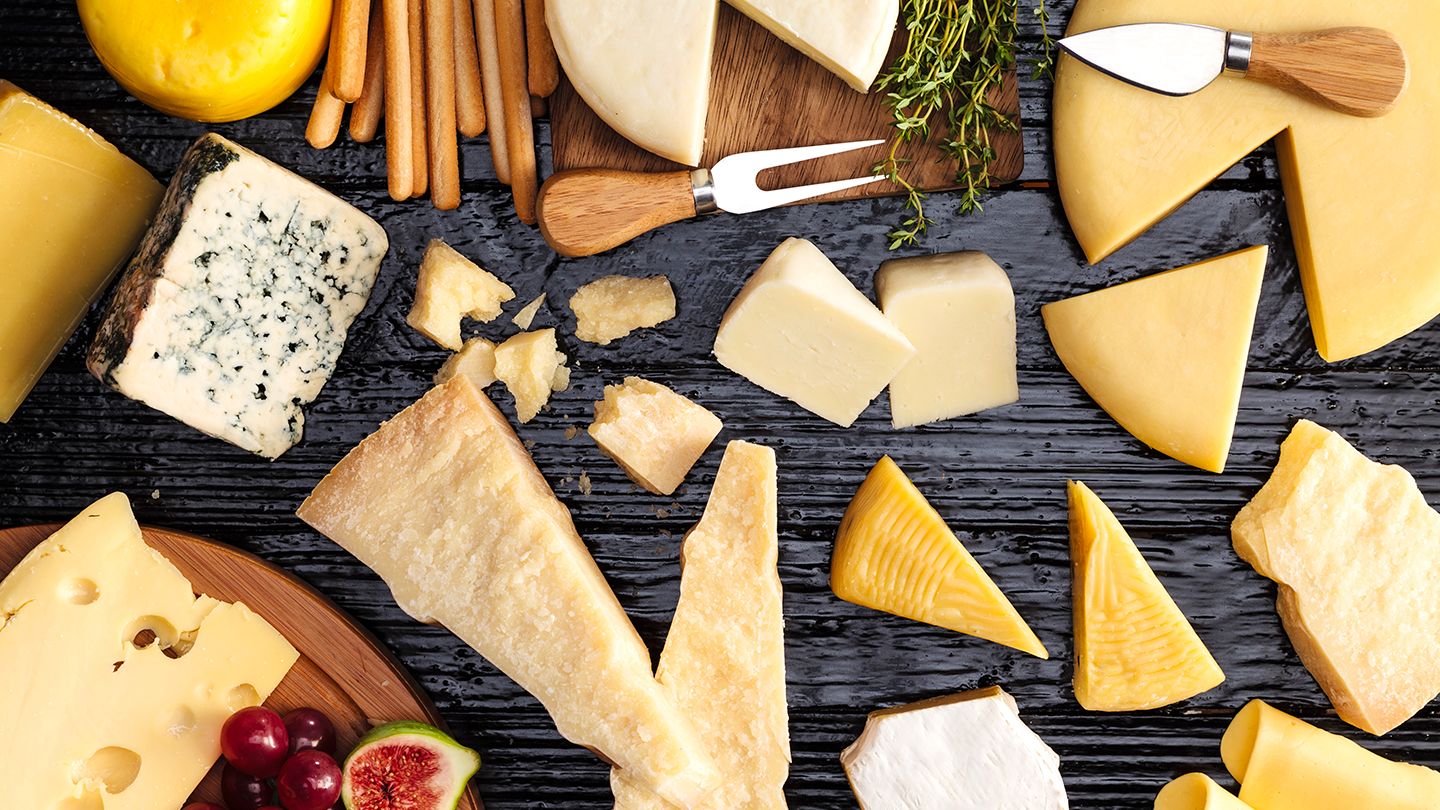Understanding Carbohydrates in Pretzel Sticks
Pretzels are a popular snack food enjoyed by many. Their crispy texture and salty flavor make them hard to resist. However, when following a low-carb or ketogenic diet, pretzel sticks can be an item to moderate.
The Role of Carbs in Our Diet
Carbohydrates are one of the three main macronutrients, along with protein and fat, that provide energy for the body. Some key functions of carbohydrates include:
- Providing energy for the central nervous system, brain, muscles, and other tissues
- Aiding in the digestion and absorption of other nutrients
- Contributing to a healthy gut microbiome
Carbs are found in many commonly eaten foods like breads, grains, fruits, vegetables, dairy products and sweets. During digestion, carbs break down into glucose which enters the bloodstream. This glucose gets transformed into energy with the help of insulin or stored for later use.
Carb Content in Pretzel Sticks
Traditional pretzel sticks are made from refined wheat flour, giving them a high carbohydrate content. According to the USDA, a 1 oz (28g) serving of hard pretzels contains:
- 21.3 grams of total carbohydrates
- 1.5 grams of fiber
- 19.8 grams of net digestible carbs
This carb count comes mostly from the wheat flour. As a result, pretzel sticks would be quite limited in low-carb diets like the ketogenic diet which only allows for 2050 grams of net carbs per day.
Impact of Pretzels on Ketosis
Ketogenic and other very low carb diets aim to achieve a metabolic state called ketosis. In ketosis the body switches from using glucose to ketones derived from fat for fuel.
This occurs when carbs are restricted to encourage fat breakdown. Consuming too many carbs from foods like pretzels can throw the body out of ketosis by spurring insulin and restoring carb based metabolism rather than fat metabolism.
A serving of pretzel sticks can use up a substantial portion of the total daily carb limit on keto. So enjoying them would require strict carb counting and restriction of other carb sources throughout the day.
Alternatives to Traditional Pretzel Sticks
Thankfully if you want to stick to a low-carb eating plan there are some alternatives to regular pretzels that can satisfy cravings:
Low Carb Pretzel Options
- Pretzel Crisps These flattened pretzels are under 5g net carbs for 11 crisps
- Fat Snax Keto friendly pretzels made with almond flour and whey protein
- Pork Rind Pretzels Crunchy, salty pretzels crafted using 0 carb pork rinds
Homemade Low Carb Pretzel Sticks
Making your own keto pretzel sticks at home gives you full control over the ingredients. They can be crafted from low carb flours like:
- Almond flour
- Coconut flour
- Flax meal
These grain-free flours allow you to achieve the salty crunch of pretzels while keeping net carbs minimal. Many blogger recipes are available for things like:
- Cheesy almond flour pretzel bites
- Keto coconut flour soft pretzels
- Flax meal everything pretzel sticks
Healthy Low Carb Snack Alternatives
In place of pretzel sticks try some of these delicious and keto friendly snacks for crunch:
- Veggies with dip like celery, peppers and carrots
- Cheese crisps
- Deli meats and rolls ups like turkey and ham
- Nuts like almonds, walnuts and pecans
- Seeds such as pumpkin, sunflower and flax
- Pork rinds or chicharrones
- Nut butters paired with cut up fruit or low carb toast
Tips for Enjoying Pretzels on a Low Carb Diet
It is possible to occasionally indulge in pretzel sticks while sticking to keto. Here are some tips:
Portion Control
Measure out a small serving of pretzels, tracking the carbs. This allows you to fit them into daily limits. Only eat pre-portioned amounts to prevent overdoing intake.
Balance with Low Carb Foods
Balance pretzel carbs by choosing low carb foods for the rest of the days meals and snacks. Focus on protein, healthy fats and low carb veggies at the other times.
Cyclic Keto Diet
A cyclic ketogenic diet includes periods of higher carb intake, such as 5 ketogenic days followed by 2 high carb days. Scheduling pretzels during high days can reduce effects on ketosis.
Substitute Ingredients
Try using small amounts of lower carb flours like almond and coconut flour in homemade pretzel recipes to reduce the carb content per serving.
Awareness of Portions
Practice mindful eating when enjoying pretzels by stopping after 1-2 servings focus on the taste, texture and your satisfaction level. This prevents overconsumption which can happen when mindlessly snacking.
The Bottom Line
Pretzels made from wheat flour are high enough in net carbs that they need to be limited carefully on low carb and ketogenic diets. Thankfully there are commercial products, recipes and snack alternatives that allow you to satisfy pretzel cravings without compromising your carb intake goals.
Using techniques like carb counting, portion control, ingredient swapping and balance can make occasional pretzel enjoyment possible without kicking you out of fat burning ketosis when following keto.
FAQs
Why are pretzels high in carbs?
Pretzels are made from refined wheat flour, which is high in carbohydrates. A 1oz serving of pretzels contains about 21 grams of net carbs, which can quickly add up when snacking or sharing with friends.
Are there low carb pretzel options?
Yes, there are some low carb alternatives, such as Pretzel Crisps, Fat Snax protein pretzels, pork rind pretzels, and homemade pretzels made with almond flour, coconut flour, or flax meal instead of wheat-based flour.
Can I eat pretzels on the keto diet?
It's possible, but you would need to carefully portion and account for the carbs. Enjoying pretzels occasionally is okay if you strictly balance them out with very low carb foods for the rest of the day. Moderate pretzel intake if following keto.
What can I eat instead of pretzels?
Some low carb pretzel alternatives include veggies and dip, cheese crisps, deli meat rolls ups, nuts, seeds, pork rinds, nut butters with low carb toast or fruit, and other high protein, high fat, low carb snack options.
Disclaimer: This article is for informational purposes only and does not constitute medical advice. Always consult with a healthcare professional before starting any new treatment regimen.
Related Coverage
You can still enjoy Dairy Queen on keto! Customize Blizzards, shakes, burgers & more to fit your diet with these tips for low carb DQ treats....
Precision Rx Pharmacy offers convenient access to cheap medications but has concerning reviews on licensing, prescriptions, drug safety, and more. Learn about the risks....
Learn whether biscotti is a healthy cookie option or just another sugary treat. The ingredients, nutrients, benefits, and downsides of this tasty Italian cookie revealed....
Dive into the nutrition facts, ingredients, and health profile of Cheez-It crackers. Learn how the calories, carbs, fat, and sodium stack up and get tips for healthier cheesy snack alternatives....
Enjoy tequila on a low-carb or keto diet. Learn how to make delicious skinny cocktails using zero carb mixers like soda water, diet soda, and dry wine....
Discover if cognac, the renowned French brandy, is a carb-free option for those following a ketogenic diet. Explore its nutritional profile and how to incorporate it into a low-carb lifestyle....
Learn about the carb count in raw and cooked yellow squash. Get tips for preparing and cooking yellow squash on keto, along with delicious low-carb recipe ideas....
Wondering if martinis can fit into the keto diet? Learn which ingredients make vodka, gin, and dirty martinis low-carb along with keto alcohol tips....
Wondering if you can eat cheese on the keto diet? Learn which cheese varieties are low carb and keto-friendly and which ones to limit for successful weight loss....
Is the keto diet safe when breastfeeding? Learn about benefits, concerns, foods to eat, milk supply tips and see a sample keto meal plan for nursing mothers....







